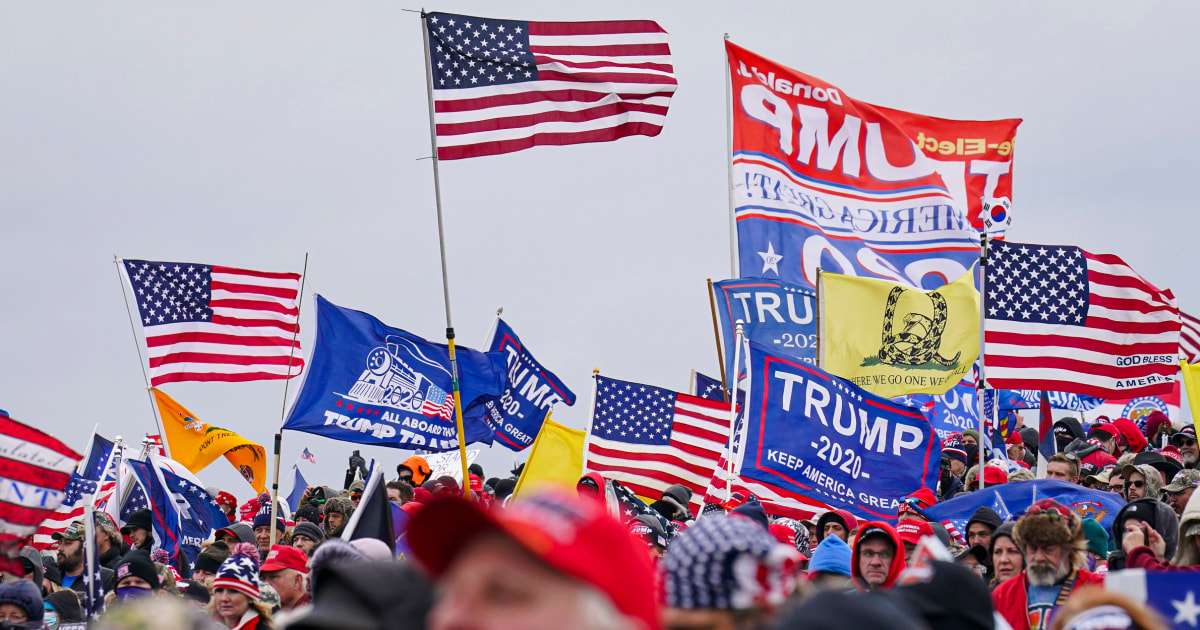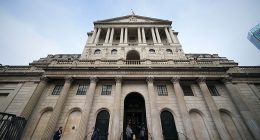
WASHINGTON — The Supreme Court on Tuesday weighs whether those involved in the Jan. 6 attack on the U.S. Capitol can be charged with obstructing an official proceeding, a case that could have bearing on the election interference prosecution of former President Donald Trump.
The justices are hearing an appeal brought by defendant Joseph Fischer, a former police officer who is seeking to dismiss a charge accusing him of obstructing an official proceeding, namely the certification by Congress of Joe Biden’s election victory, which was disrupted by a mob of Trump supporters.
The court, which has a 6-3 conservative majority, has in the past been skeptical of prosecutors when they assert broad applications of criminal provisions.
Trump himself faces charges of violating the same law, as well as conspiracy to obstruct an official proceeding. They are among four charges he faces in his election interference case in Washington, separate from the hush money prosecution currently moving ahead in New York.
Tuesday’s hearing comes just a week before the Supreme Court hears Trump’s bid to toss out his election interference charges based on a claim of presidential immunity.
Fischer and Trump both say that the obstruction law does not apply to their alleged conduct, meaning that the charges should be dropped.
On Jan. 6, prosecutors say, Fischer joined the crowd breaching the Capitol from the east side. “Charge!” he yelled again and again, before pushing forward toward a police line while yelling, “Motherf—–s!” the government says.
He and other rioters then fell to the ground. After other rioters lifted him up, video disclosed as evidence in other Jan. 6 trials shows that he tried to appeal to officers protecting the Capitol, telling them that he was an officer too.
Fischer faces seven criminal charges, only one of which is the focus of the Supreme Court case. He also faces charges of assaulting a police officer and entering a restricted building, among others.
The law in question criminalizes efforts to obstruct, influence or impede any official proceeding. Conviction can result in a prison sentence of up to 20 years.
The provision was enacted in 2002 as part of the Sarbanes-Oxley Act, which was passed after the Enron accounting scandal.
Fischer’s lawyers say the law should be limited to circumstances involving tampering with physical evidence, which is what they argue the law aims to address.
A ruling in favor of Fischer could benefit Trump, although that is not guaranteed. Prosecutors in Trump’s case have said that even if Fischer wins, Trump’s conduct would still be covered by a narrower interpretation of the statute.
Source: | This article originally belongs to Nbcnews.com









